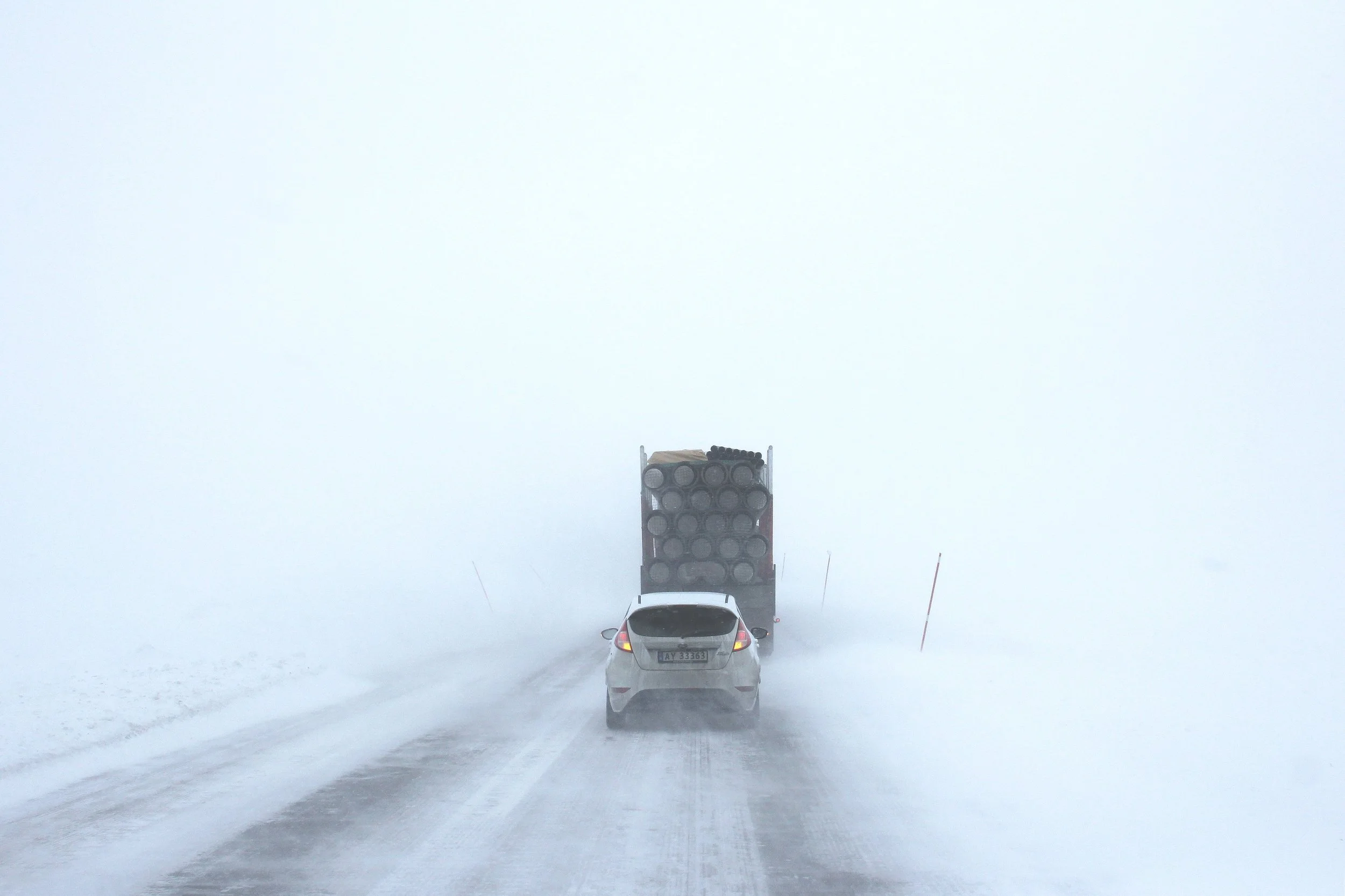With winter weather comes the potential for dangerous driving conditions. Snow and ice can make it difficult to see and can make roads slick and slippery. It's important to take extra caution when driving in the winter, and to be prepared in case of an emergency. Here are some tips for driving in the winter:
Find a good lawyer
If you're involved in a car accident because of snow and ice, it's important to get in touch with a lawyer as soon as possible. An experienced car accident lawyer can help you navigate the legal process and ensure that you receive the compensation you deserve. Whilst you would normally receive compensation if another driver was found to be at fault, snow and ice add another element to your legal challenge. For example, it may be found that the local authority is at fault for not maintaining safe roads.
Slow down and allow extra time to brake
One of the most important things you can do when driving in the winter is to slow down and allow for enough time to brake. Ice and snow can make it difficult to stop, so it's important to give yourself plenty of time. It's also a good idea to avoid sudden braking or acceleration, as this can cause your car to skid out of control.
Increase following distance
Another important safety tip for winter driving is to increase your following distance. It takes longer to stop on icy or snowy roads, so you'll want to make sure you have plenty of space between you and the car in front of you. The general rule is to leave at least three times more space than you would in dry conditions. To be safe, just be patient and keep well back – it’s no good rushing in this sort of weather, nobody with any brain is going to expect you to be on time to anything anyway.
Use low gears when going up hills
If you're driving in an area with hills, it's important to use low gears when going up. This will help you maintain traction and avoid sliding backwards. It's also a good idea to avoid stopping on a hill if possible, as it can be difficult to get started again. If you start sliding, gently reverse back down and find another route.
Don’t use cruise control
Cruise control is a convenience that can help you save time and fuel, but it's not something you should use when driving in the winter. Cruise control keeps you at a constant speed, which isn’t what you need in the snow when the situation could change at any second, so it’s best to avoid using it altogether.
Don’t overtake, especially snow ploughs
Snow ploughs are slow and annoying, but they’re working as fast as they can to clear roads and keep them safe for travel. No matter how tempted you are, you should never try to overtake a snow plough - they tend to throw up a lot of snow as they're clearing the road, which can reduce your visibility and make it more difficult to drive.
Be careful at junctions
Junctions can be especially dangerous in the winter, as they're often slick and icy, making it easy to overshoot. It's important to take extra caution when approaching an intersection, and to watch for other cars that may be sliding through. You should also avoid making sudden turns, as this can cause your car to skid.
Watch for pedestrians and cyclists
Pedestrians and cyclists are more vulnerable in the winter, so it's important to watch for them when driving. Be especially cautious in areas where pedestrians are likely to be, such as near schools or in residential neighbourhoods, and always give cyclists plenty of space on the road.
Keep an emergency kit in the car
If you find yourself in an emergency situation, it's important to have a few essential items in your car. This could include things like a first-aid kit, a flashlight, warm clothing, snacks, water, a phone charger and a bag of sand or cat litter (to help with traction if you get stuck). It's also a good idea to keep your fuel tank at least half full, as this will help prevent your car from freezing in cold weather.
By following these safety tips, you can help reduce your risk of being in a car accident this winter. Even if you're the safest driver in the world, accidents can still happen. If you do find yourself in a crash, be sure to get in touch with a car accident lawyer who can help you through the legal process, and be prepared to spend the night in your car if you get stuck!


